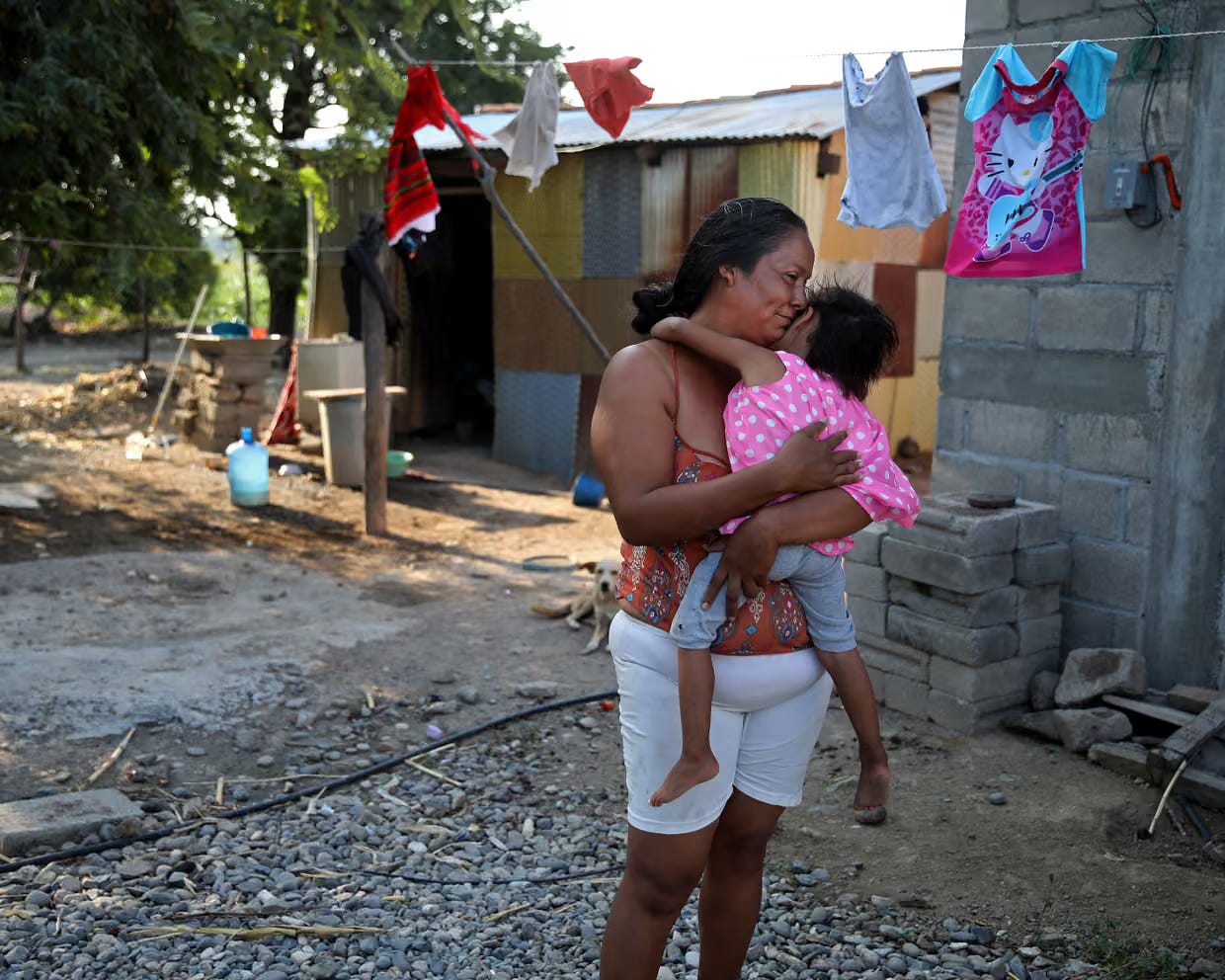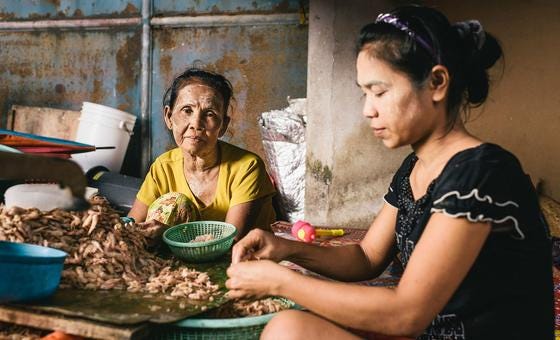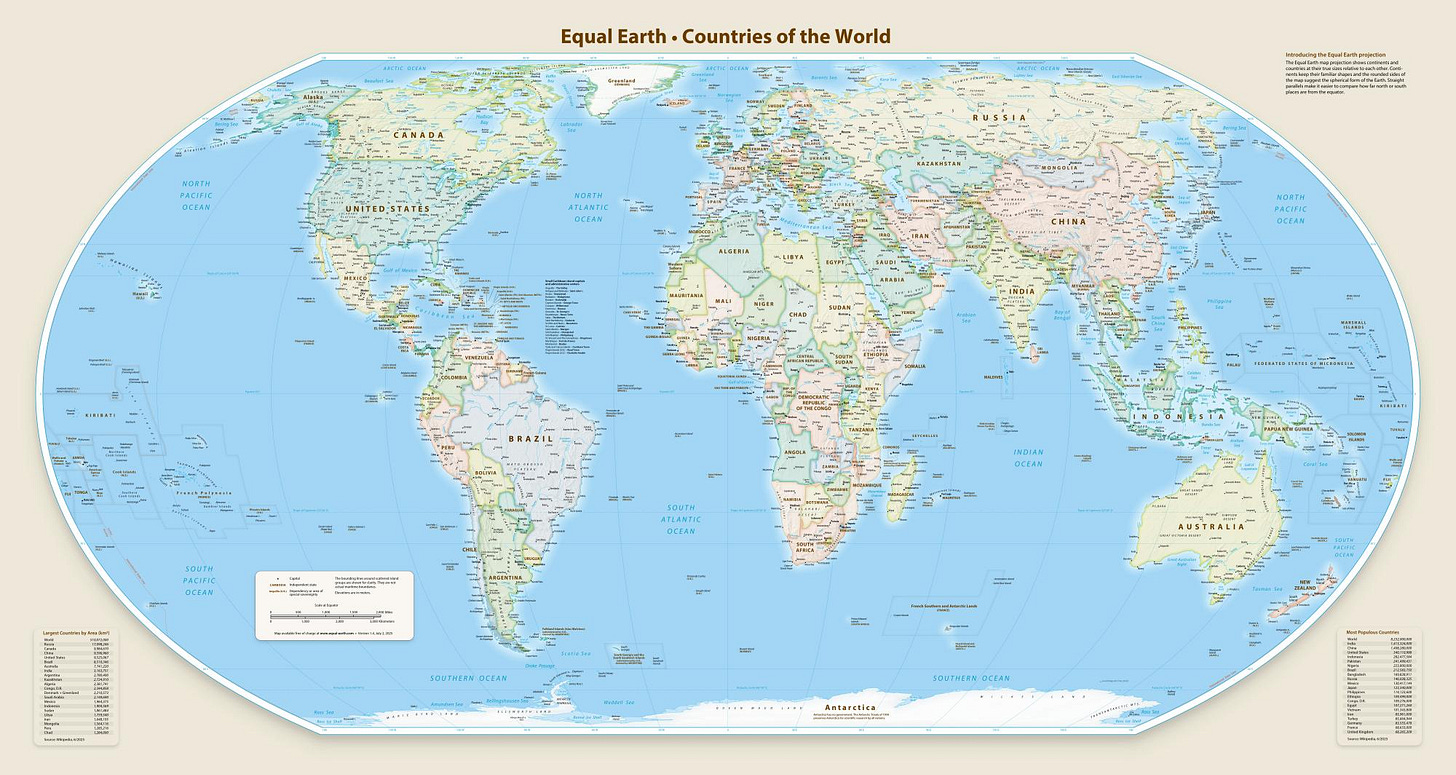Developmental Insights Edition 17: A few positive developmental news stories to end the summer
In Discussion: The African Union joins the Correct the Map Campaign
Welcome to the 17th edition of Developmental Insights! News within the development sector often feels to be overwhelmingly negative with most headlines focusing on conflict, violence and hardship. Since its inception, this is what Developmental Insights has been sharing. Of course these issues are very real and are constantly occurring around the globe. I thought that as we head towards the end of summer, I would share a few positive stories instead.
In this edition:
The UN launches a $82.5 million project to eliminate toxic airport foams
The UN Environmental Programme (UNEP) and the International Civil Aviation Organisation (ICAO) have started a project to remove toxic firefighting forams at major airports across five African countries. Airports in Egypt, Ethiopia, Kenya, Nigeria and South Africa will be supported by the Fortifying Infrastructure for Responsible Extinguishment project which will switch dangerous PFAS foams to safer alternatives. These chemicals do not break down naturally and have been linked to cancer, liver damage and other serious health problems.
PFAS chemicals have been used in airport firefighting foams for decades as they are effective in putting out fuel fires. However, scientists are now aware that such substances contaminate groundwater, soil and food chains near these aviation hubs. Many developed countries have already started phasing them out, but developing countries, unfortunately often lack the money and the technical know-how.
3.4 million helped out of poverty in Mexico
When Andres Lopez Obrador (nicknamed Amlo) took office in 2018 in Mexico, there were nearly 52 million people living below the poverty line. By the time he left in 2024, this number had dropped by 13.4 million, a decrease of almost 26%. Extreme poverty has also dropped from nearly 9 million people to 7 million.
Mexico is a country that has suffered from deep inequality and struggled with economic precarity, and thus, this steep drop in the number of people living in poverty is a huge achievement. Obrador has also been able to triple the minimum wage from 88.40 pesos ($4.75) per day when he took office to the current rate of 278.80 pesos ($15) a day. He also transformed the social welfare system, putting in place a system of cash transfers for elderly people and for young people doing apprenticeships.
UNOPS to support farmers in Angola to reach export markets
The UN Office for Project Services (UNOPS) has started a three year farming project in Angola to help more than 107,000 people shift from growing food for themselves to selling them for profit. Supported by Japanese funds, this work focuses on the Western provinces of Huambo and Benguela where farmers can get better infrastructure to connect with the 1,300 kilometre railway that connects the country’s code to mining areas in the Democratic Republic of the Congo and Zambia.
The project will build 15 underground water storage dams and fix irrigation canals to give farmers water all year round. This will also enable them to grow crops 2.5 times per year instead of 1.5 times, helping them deal with unpredictable rains and dry spells. Furthermore, training programmes will teach 250 farmers and 50 technicians on how to run these new systems independently, helping build skills and knowledge (not just infrastructure).
Indonesian women protect nature with their work
Plant artists, deep in Indonesia’s West Javan rainforest, are helping to promote the sustainable use of threatened rainforest. Calling themselves Ambu Halimun (translated as Mothers in Halimun in Sundanese), the women gather foliage which is rich in natural colours and tannins. The flowers are used for ecoprinting, whereby they are pressed onto fabric and steamed or boiled so that the pigments transfer to the cloth. Despite these women making a sustainable livelihood from the rainforest, their efforts are small-scale, with returns not as big as those from destructive ventures such as mining and logging.
According to the United Nations, 17% of the world’s birds and 10% of flowering plant species are found in Indonesia’s rainforests. These locations also house endangered species like orangutans, Sumatran tigers and Javan gibbons. However, deforestation driven by agriculture, mining and infrastructure are threatening this biodiversity, with the country losing 10.7 million hectares of rainforest between 2002 and 2024.
Thailand grants work rights to long term refugees from Myanmar
The United Nations has welcomed a new resolution by the Thai Government which will enable long- stay refugees from Myanmar to work legally in the country. Seen as a move to help the refugees support themselves, this move will also benefit local economies and strengthen Thailand’s long- term growth.
Despite this resolution covering a limited number, UNHCR has said that it will continue to advocate for wider refugee inclusion and even support the Thai government in rolling out this new policy. In the broader context, this move comes at a time when aid budgets for displaced people worldwide are facing severe cuts. Nevertheless, this move could set a regional precedent for such work and even serve as a model for countries facing similar challenges.
In Discussion: The African Union joins the Correct the Map Campaign
For those of you that read my newsletter every time I publish (thanks so much for being such loyal supporters), you may remember the ‘Correct the Map campaign’ I shared in Edition 8 of Developmental Insights.
As a recap:
For 450 years, we have based our understanding of Africa and the world on the Mercator projection, a map which was first presented by Flemish geographer and mapmaker Geradus Mercator in 1569. Utilised to help navigation and later for the English and Dutch to map their growing empires, the map has consistently portrayed the size of the African continent as distorted. The areas near the poles like North America and Greenland have been enlarged, while Africa and South America have been shrunk. Unfortunately, such stereotypes are key influences in the media, education and policy, and as a result, an ideologically misleading way for people to see the world.
The Correct the Map Campaign was launched to ‘correct’ this distortion and make the Equal Earth Projection the norm for those looking at maps and the way that the world should be seen.
Why am I bringing it up again?
Earlier this month, the African Union (AU) joined the campaign calling for the replacement of the Mercator projection with maps which show the continent’s accurate size. Criticising the map, the AU Commissions deputy chair has stated that the map has portrayed Africa as ‘marginal’ when in reality it is not being the world’s second largest continent, home to more than 1 billion people.
No map is perfect, and all are made to portray specific views, but in a world where narratives shape perceptions, accuracy matters. The adoption of the Equal Earth Projection is influential when looking at representation and equity. With the AU on board, hopefully this campaign gains more momentum.
Thanks for reading edition 16 of Developmental Insights - I hope you enjoyed it and found it informative! Please subscribe to the newsletter if you would like to continue receiving it straight to your inbox every other Friday!
I am always open to suggestions or feedback so please send anything to developmentalinsights@gmail.com or, simply add a comment below!
I look forward to connecting with you further in future editions!
Best,
Harkiran









It's so nice to see all this good news highlighted, in counterpoint to what can feel like overwhelming amounts of bad. The Angola piece in particular made me smile - having worked to clear minefields there, it's so lovely to hear about the infrastructure development that's able to follow! A real full-circle moment.